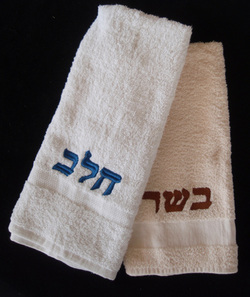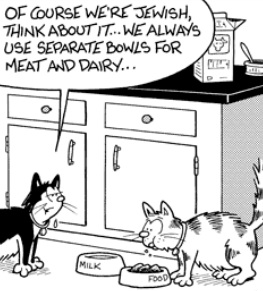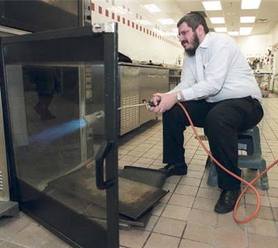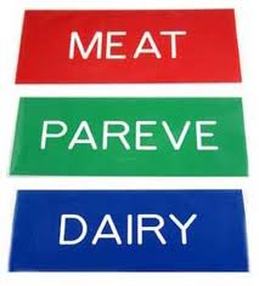Halacha - Kashrut
|
Kosher means "fit" or "proper".
The Laws of Kosher food (Kashrut) define the foods and processes that meet Gd's instructions, further shaped by decrees of our Sages, that we may eat. These guidelines are recorded in the Mishnah, Talmud and Shulchan Aruch. Keeping Kosher is and has always been the hallmark of our loyalty. More than any other Mitzvah, Kashrus highlights that Judaism is a comprehensive way of life and not just a "religion" where we interact with Gd in special places and at special times. Kosher Basics
ref 45892311007 |
No Marshmallows?
|







